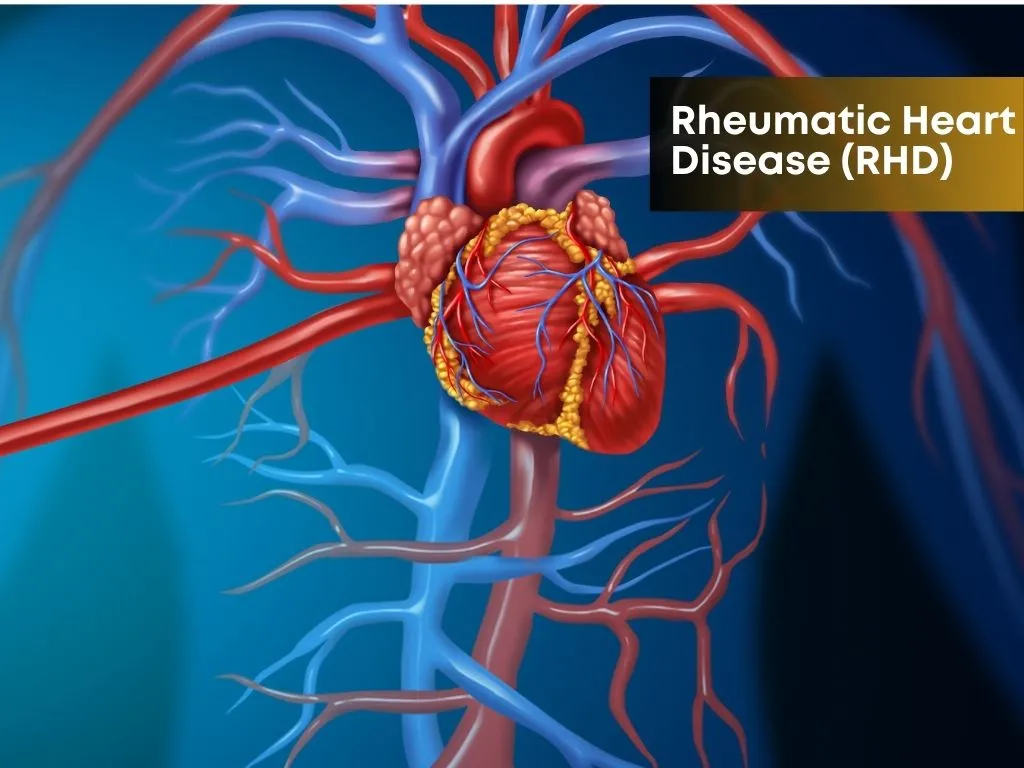Gestational
-
 Nalamaree Team
Nalamaree Team
- 22 September 2025
Overview
Gestational diabetes (GD) is a type of diabetes that develops during pregnancy in women who did not have diabetes before. It occurs when your body cannot produce enough insulin or use it effectively, leading to high blood sugar levels. This can harm both you and your baby if left untreated.
Causes
Gestational diabetes mellitus (GDM) is a condition characterized by high blood sugar levels that develop during pregnancy. It occurs when the body cannot produce enough insulin to meet the increased demands of pregnancy, leading to insulin resistance.
Several factors contribute to the development of gestational diabetes:
Symptoms
These symptoms can include:
Treatment: Modern Medicine
The two main types of medication used to treat gestational diabetes are insulin and oral medications.
Treatment: Traditional Medicine
Caution
For mothers:
For babies:





















.jpg.webp)
